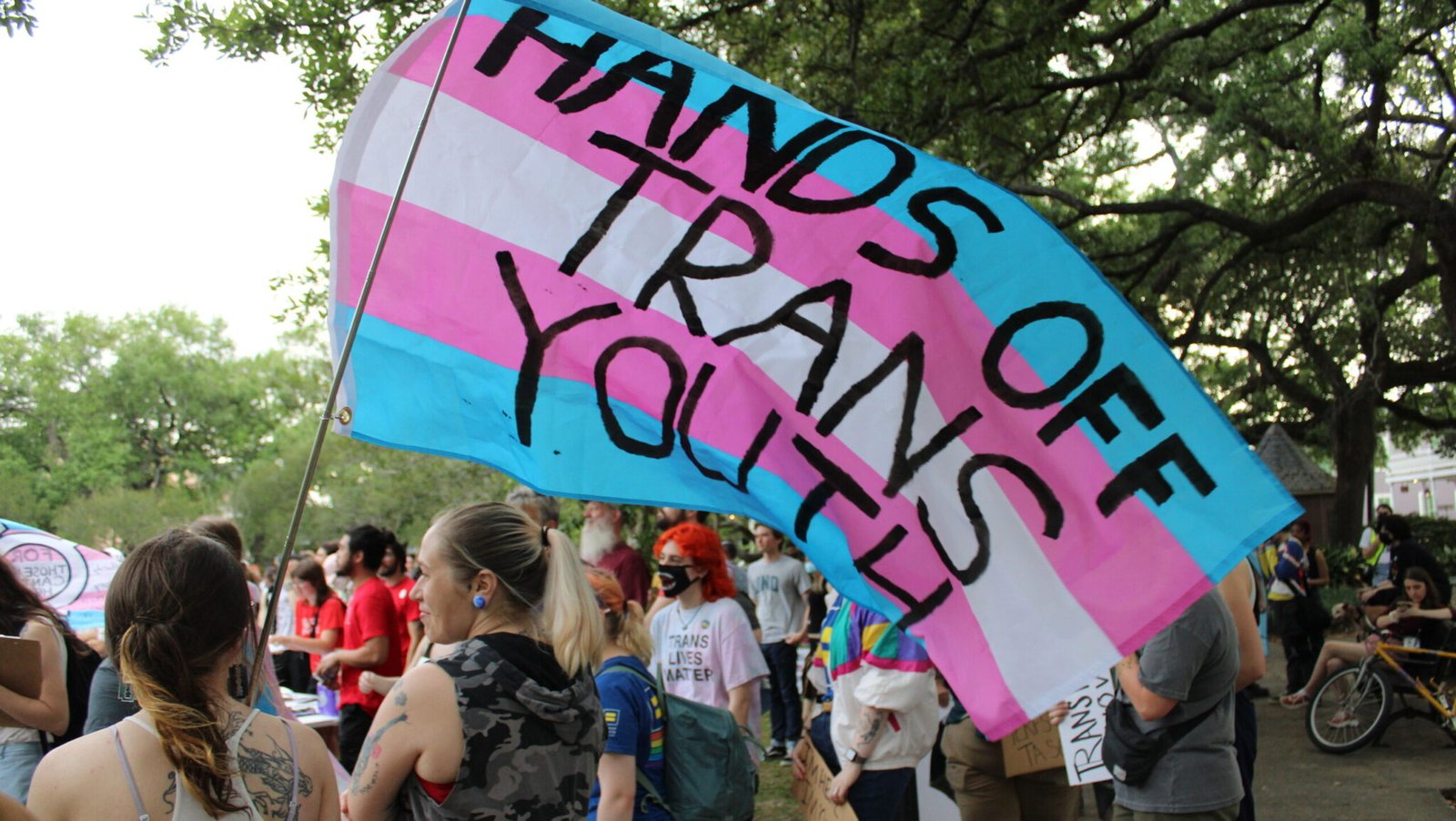azleg
Arizona Parents on Alert: Supreme Court Case Could Impact Trans Kids’ Rights

During the daily carpool to high school, a mother finds solace in the lively conversations between her son and his friends. Their discussions about high school life, filled with joy and occasional frustrations, highlight her deep appreciation for motherhood.
However, an impending Supreme Court case poses significant risks for many children, including those in her carpool. The concern revolves around the well-being of transgender youth, who face challenges simply for being true to themselves.
The case under review involves Tennessee’s ban on vital gender-affirming care for transgender minors. The implications are serious, as families like the Williams — who are fighting for their daughter’s right to this care — stand on the brink of potential harm if the court upholds such laws.
In Arizona, the atmosphere for transgender youth is troubling. Restrictions mean that kids like her 17-year-old son, Daniel, face further discrimination, such as being forced to use facilities that do not align with their gender identity. This political climate fosters a dangerous environment for families.
Every parent should be outraged when legislators trivialize a child’s existence. The reality is that for many teenagers, including Daniel, navigating high school is complicated by the added weight of legislative decisions that undermine their identities.
Often viewed through a skewed lens, the parents of transgender kids are either seen as overly permissive or ideologically extreme. The truth lies in a simple fact: families like theirs are advocating for health and happiness for their children, regardless of societal misconceptions.
A recent study has shown a concerning trend: in states that have enacted anti-trans laws, rates of teen suicide have dramatically increased. Understanding this reality, some politicians continue to disregard the well-being of vulnerable youth.
Daniel and others like him exemplify the strength found in living authentically within a restrictive society. The support from professionals — therapists and doctors — has been crucial in assessing the health needs of these young individuals.
The choices surrounding Daniel’s care are made with deep consideration. His access to gender-affirming treatment has greatly improved his quality of life, a reality backed by statistics showing lower regret rates compared to other medical procedures.
Engagement in activism has become a necessary outlet for his mother amid the barrage of legal challenges. The stakes have never been higher; failure to safeguard their rights could lead to tragic outcomes.
It’s a well-documented fact: teen suicide rates have soared in states with anti-trans measures, a distressing reality that many lawmakers appear to ignore.
In a nation that prides itself on freedom, the actions of the Supreme Court seem increasingly restrictive. A recent personal experience with the fallout from the loss of reproductive rights has driven home the importance of autonomy in health care decisions, whether concerning gender-affirming care or reproductive health.
The debate surrounding these topics should remain private, confined to families and medical professionals. The lives of many young individuals hinge on this privacy. It is crucial that the Supreme Court respects their autonomy and the delicate nature of these healthcare choices.
















